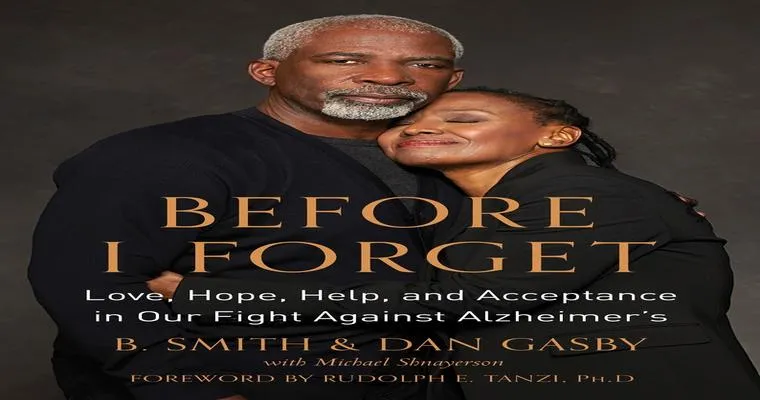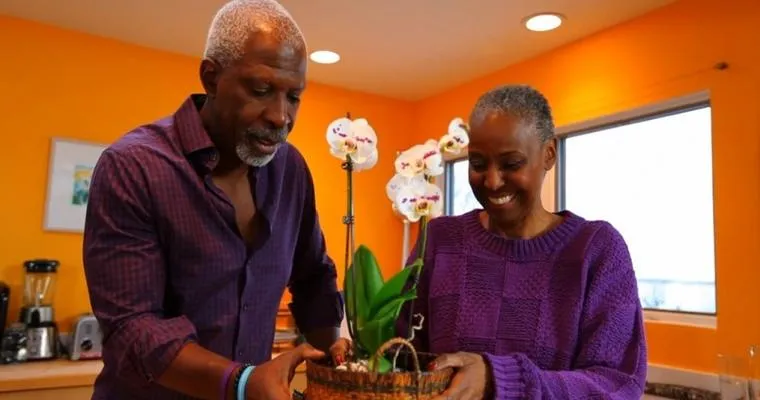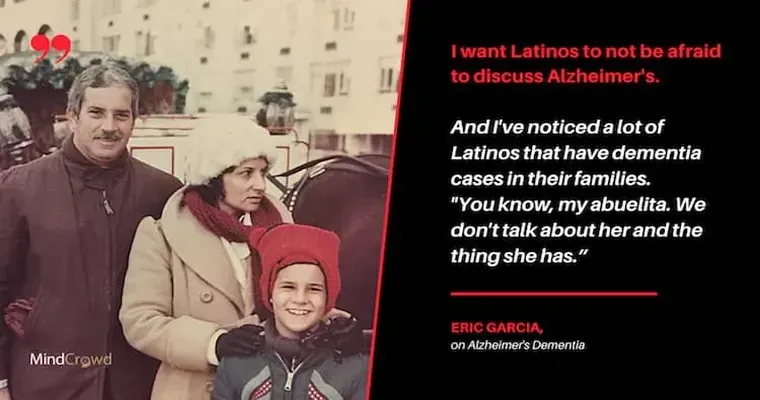"Early-onset Alzheimer's" is a heartbreaking reality for many families, often impacting individuals under the age of 65. This form of "Alzheimer's disease" can strike unexpectedly, bringing about profound changes not only in the lives of those diagnosed but also in the lives of their loved ones. As we explore this emotional journey, we delve into the themes of love, loss, and the resilience that emerges in the face of an unforgiving illness.
The story of early-onset Alzheimer's is often one of unanticipated challenges. For young families, the diagnosis can feel like a thief in the night, stealing away the vibrant moments of life that were once taken for granted. Symptoms may begin subtly, with memory lapses and confusion that are easily dismissed as normal aging or stress. However, as the disease progresses, the impact on personal relationships becomes increasingly profound.
Families often find themselves navigating a complex landscape of emotions. The "loss of identity" is a significant aspect of early-onset Alzheimer's, as individuals may struggle to recognize themselves in the midst of cognitive decline. Caregivers, often spouses or children, must adapt to new roles that require immense patience and understanding. This shift can lead to feelings of grief and isolation, as the caregiver watches their loved one transform into someone they barely recognize.
Love becomes a powerful antidote in these trying times. Many families discover that their bonds can deepen even amidst the challenges posed by the disease. Shared memories, laughter, and moments of connection become precious treasures that help to sustain relationships. Support groups and therapy can also provide a lifeline, allowing caregivers to share their experiences and receive guidance from others who understand the unique struggles of early-onset Alzheimer's.
Despite the sorrow that accompanies this diagnosis, there are stories of hope that emerge. Advances in research are paving the way for better understanding and potential treatments for early-onset Alzheimer's. Organizations dedicated to Alzheimer's awareness and research play a critical role in providing resources for families, helping them cope with the emotional and practical aspects of the disease.
As we reflect on the journey of early-onset Alzheimer's, it is crucial to remember the importance of advocacy and education. By spreading awareness about the symptoms and challenges of this condition, we can help to ensure that those affected receive the support they need. Early detection and intervention can lead to better management of the disease, allowing families to make the most of the time they have together.
In conclusion, the story of early-onset Alzheimer's is one of "love and loss", resilience and hope. While the road ahead may be fraught with difficulties, the bonds that hold families together can shine brightly even in the darkest of times. As we continue to learn more about this complex disease, we honor the stories of those who face it, reminding ourselves that love can endure even in the face of profound change.





